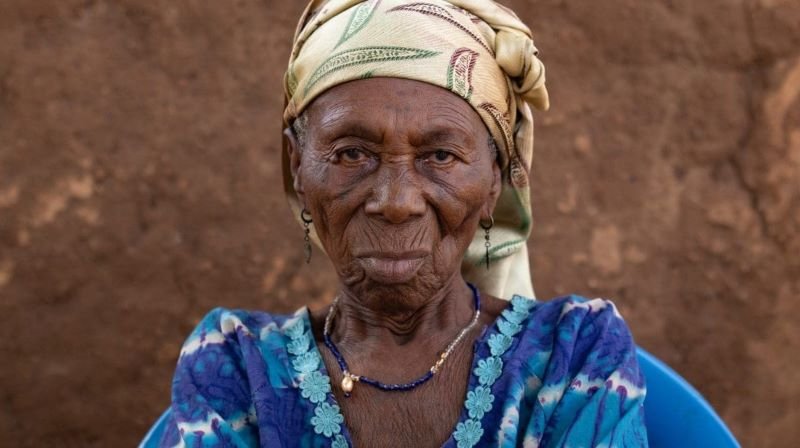AMNESTY International has called on the Ghanaian government to take immediate action to protect hundreds of people, primarily women, who are being subjected to rampant human rights abuses due to accusations of witchcraft.
The rights group, in a statement released on Monday, highlighted the severe risks faced by those accused, particularly older women, and urged the government to criminalise such accusations as well as ritual attacks.
In 2023, the Ghanaian parliament passed a bill making it a criminal offence to accuse, label, or name someone as a witch. However, the bill has yet to be signed into law, leaving many individuals vulnerable to violence and persecution.
According to Amnesty, “The accusations, which can lead to threats, physical attacks or even death, usually start within the family or among community members following a tragic event such as an illness or a death.”
Amnesty further explained that “older women living in poverty, with health conditions or disabilities, are at greater risk, as well as women who do not conform to stereotypical gender roles.”
In some disturbing cases, accusers even base their claims on dreams or perceived bad omens.
The majority of victims are said to be “marginalised individuals, particularly older women,” residing in Ghana’s northern and northeastern regions.
The rights group noted that belief in witchcraft remains deeply entrenched in many rural communities across West Africa, including Ghana. People accused of witchcraft often face being ostracised from their communities, with many forced to seek refuge in camps run by traditional priests.
These camps, however, offer little more than a precarious existence, with many of those accused either dying in the camps or being taken in by a family member or another community.
Amnesty has emphasised that the Ghanaian government has not done enough to protect these vulnerable individuals.
“The authorities should pass legislation specifically criminalising witchcraft accusations and ritual attacks, including protective measures for potential victims,” said Genevieve Partington, Amnesty’s Country Director in Ghana.
The Human rights activist also stressed the need for a sensitisation campaign in vulnerable regions, as well as improved access to basic necessities like food, housing, and clean water for those residing in the camps.
Partington is also a member of the Coalition Against Witchcraft Accusations, which was founded following the tragic lynching of a 90-year-old woman in July 2020 in northern Ghana.







